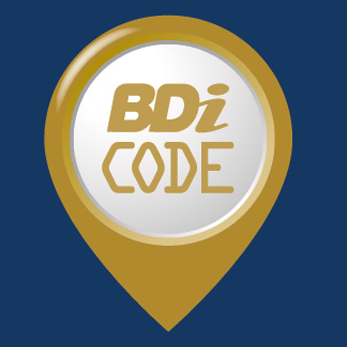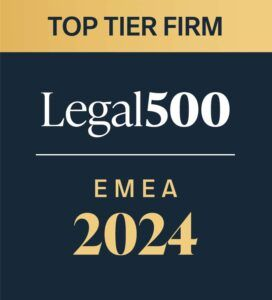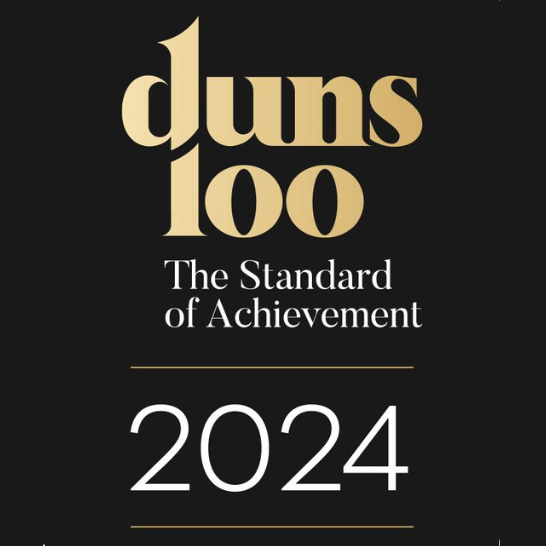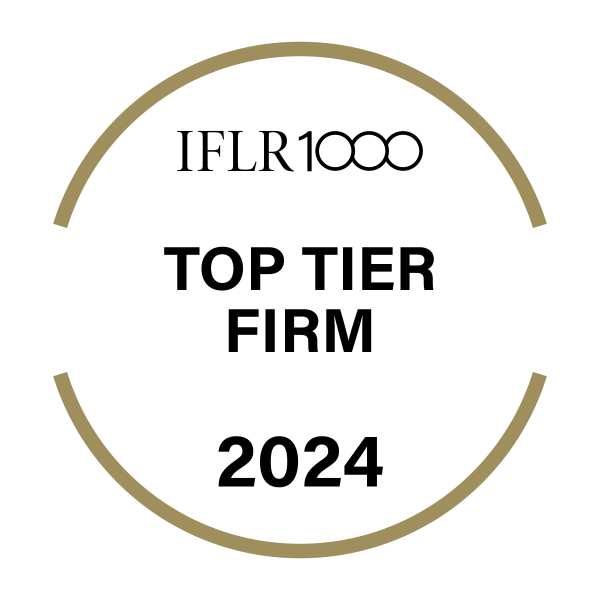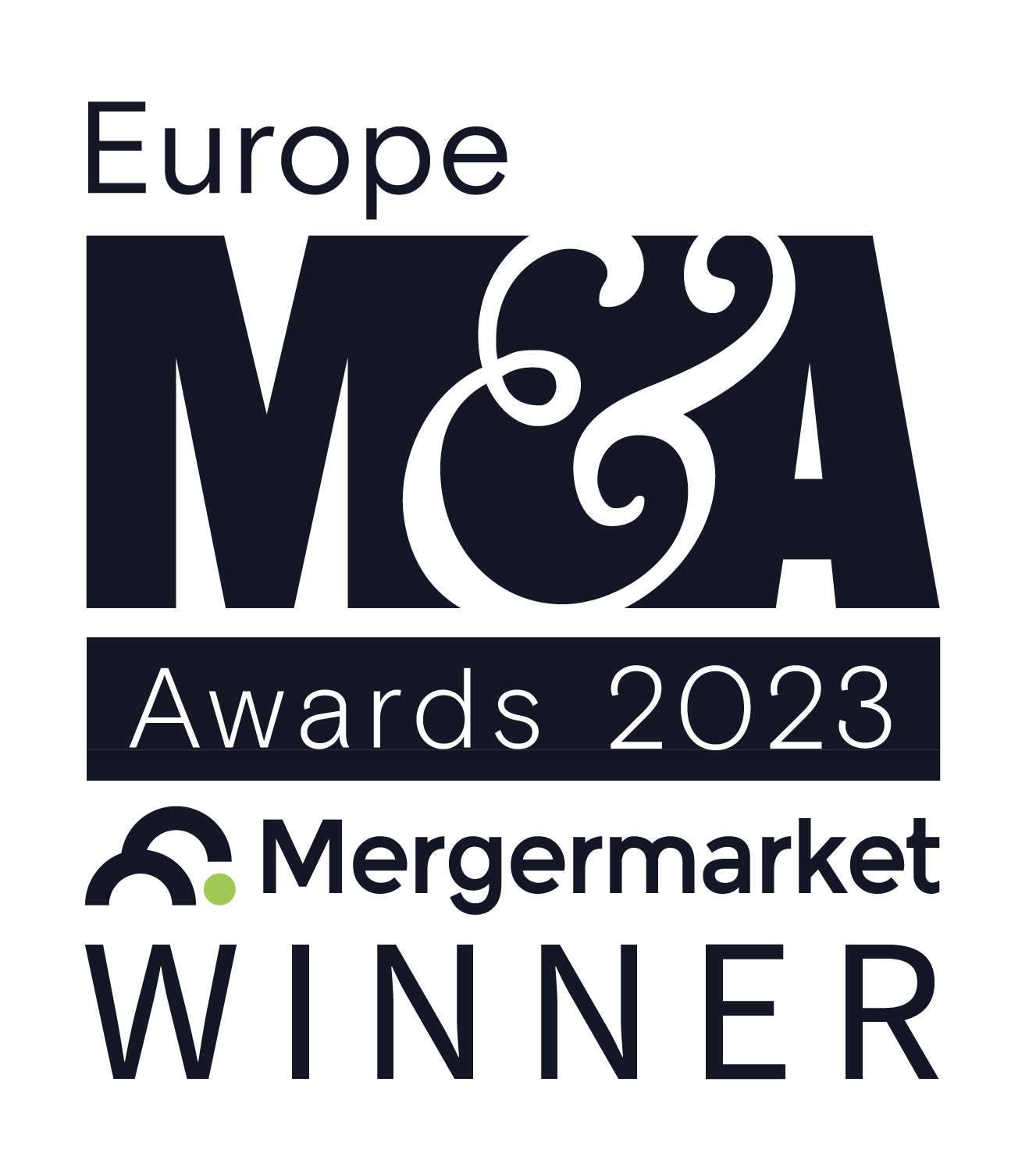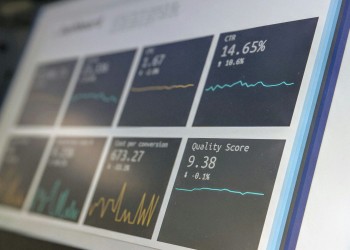Entry into Force of the Tax Reform on Solvents and Lubricating Oils
30 December 2021
Dear friends and colleagues,
Further to our client updates from September 19, 2021 and November 21, 2021 regarding the pending tax reform for solvents, we would like to update that, on December 22, the reform was approved by the Knesset Finance Committee. This reform will come into force on January 17, 2022.
Accordingly, imports released from Customs and sale of fuel substitutes produced in Israel, which occurring after this date, will be taxed at a rate of approximately NIS 4.00 per kilogram or approximately NIS 3.00 per liter. In addition, on that date, a tax will be levied on “merchants” who maintain inventories of solvents and lubricating oils for which taxes exceeding NIS 10,000 are owed.
We are pleased to inform that, following many meetings held by the Knesset Finance Committee, the orders were amended in such a way as to alleviate damages that certain industries would have suffered as a result of the reform in its original format. Below is a summary of notable changes to the orders. Additionally, a short description will be provided regarding the Tax Authority-facing processes that relevant industries will have to undergo as a result of the reform in order to engage in the solvents and oils industry or to purchase such products in a tax-exempt manner.
Click here for the Customs and Exemptions Tariff and Purchase Tax on Goods
Click here for the Duty on Fuel Order (Imposing Excise Duties)
Notable Amendments to the Orders
With respect to exempt factories:
• Expanded list of exempt factories. Flame-retardants and plastics industries were added to the list of “exempt factories” that may purchase fuel substitutes and use them as part of their production processes (i.e. as an input that either remains within the goods or is removed following production).
• Ancillary uses. Exempt factories will be able to use fuel substitutes for ancillary purposes within the production process (e.g. for rinsing and cleaning) paying up to a rate of 12% of an approved annual quantity.[1]
Additional Exemptions for the use of Fuel Substitutes that are not Permanent Inputs
The amendments also include the following additional exemptions:
• Construction materials manufacturing industry. This industry will receive an exemption for “lubricating oil” that comes in direct contact with the products during the manufacturing process. The exemption is limited to factories that consume at least 4,000 liters of lubricating oil per year.
• Bakery industry. This industry will receive an exemption for white paraffin meeting Israeli Standard 929, which comes in direct contact the raw materials used during the production process for bakery goods. The exemption is limited to factories that consume at least 4,000 liters of white paraffin annually.
• Metal industry. This industry will receive an exemption for the purchase of lubricating oil or lubricant products that come in direct contact with raw materials used during the machining process. The exemption is limited to factories that consume at least 4,000 liters of these products annually.
• Car engine oil industry. Car lubricating oil will be tax-exempt if four physical parameters are met (as listed in the order). These parameters relate to flash point, viscosity, metal concentration and acidity of the lubricating oil. Additionally, the oil should be provided in units not exceeding 20 liters.
Exemption Approval Process
As we discussed previously, industrial factories should prepare in advance for the entry into force of this reform. Factories will be required to prepare certain documentation and forms to obtain requisite approvals and licenses and also will need to be prepared for a new reporting regime before the orders enter into force.
Advance preparation also should include reviewing customs classifications of raw materials and final products to ensure that they are in line with the Customs Tariff and Exemptions and Purchase on Goods Order (i.e. the Customs tariff).
Moreover, the following are a number of additional procedural aspects that should be considered:
• Fuel manufacturer license and place of production approval. Manufacturers who use fuel substitutes for the production of products that are also defined as a fuel substitutes will require a fuel manufacturer license and a place of production approval.
• Recycling factories. These factories will be defined as fuel producers and will be required to obtain a fuel producer licenses as well as a place of production approval.
• Registered dealer certificate. Additionally, importers who trade in fuel substitutes will be required to obtain a registered dealer certificate if they are either interested in tax deferral or in selling exempt fuel substitutes in the future to exempt factories.
• Exempt factory approval. Finally, factories that are included in the list of exempt factories may purchase fuel substitutes for use in the production of their products and for ancillary uses. To this end, they need to obtain an “exempt factory” approval, in which the annual quantity allowed for an exempt purchase will be budgeted.
As we describe here and in our previous client updates, this is a complex reform that requires advance thought and preparation by industry. To this end, we strongly recommend engaging the Israel Tax Authority in advance about your factory’s unique complexities with the goal of reaching a mutually acceptable understanding on how it factory be defined and function with respect to the reform.
We currently represent many clients regarding these issues and are assisting them with these preparations and engagements with the Tax Authority. We believe that advance preparation will help prevent future mistakes and unintended tax consequences.
We would be happy to assist and guide you through this process with the Tax Authority.
Kind Regards,
Herzog Fox and Neeman
Meir Linzen | Chairman
Chairman of the firm and Head of Tax Department
linzen@herzoglaw.co.il
Iris Weinberger | Partner
Tax Department
Moti Fogel | Associate
Tax Department


